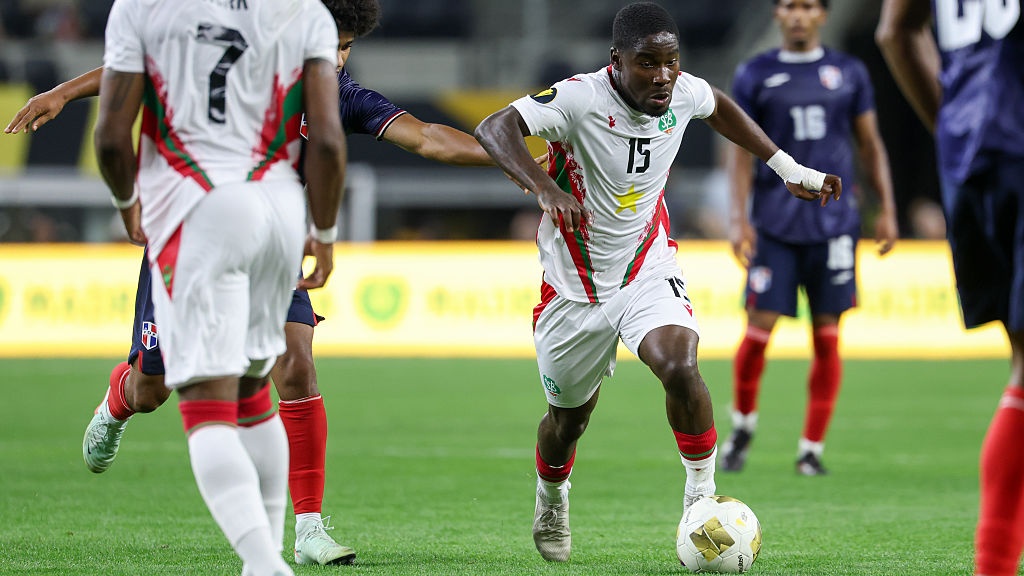Dozens of television and radio reporters stand on the touchlines at games in Brazil, interviewing players seconds before kick-off, at halftime and when they are storm off the pitch after being shown a red card.
If a fight breaks out, they run onto the pitch and try and get a few quick quotes. When a player scores, he will often go straight to the cameras and microphones so his celebration can be broadcast to millions of listeners.
Last year, Ronaldo, playing his first domestic game in Brazil for 15 years, left the field with a black eye after he was hit on the head by a microphone and a television camera in a media scrum on the field at the end of the match.
After so long in Europe, he was shocked at finding reporters on the field.
"I can't answer questions when I'm warming up," he said.
For the hundreds of Brazilian reporters who are sent to the World Cup, the set-up, with no pitch access, can be a shock.
They have, however, traditionally enjoyed access to players which colleagues from other countries can only dream of.
The best features, fun and footballing quizzes, straight to your inbox every week.
Even at the height of a World Cup, Brazil would organise a daily "mixed zone" in which the players would walk alongside a barrier on their way back to the team bus, answering questions from the several-hundred strong media pack on the other side of the fence.
Although something of a sweaty scrum, it generally worked well. This World Cup, however, has been completely different.
AIR TIME
Coach Dunga has replaced the sacred mixed zone with a daily conference in which two selected players trot out the usual cliches to a room of 400 reporters.
He has even done the unthinkable and restricted access to training sessions - often broadcast live in Brazil.
The new policy has been especially tough on radio reporters who have hours of air time to fill. Radio is still hugely important in Brazil, where many people still do not have internet access.
"We have to talk on seven programmes every day and the hourly news bulletins," said Wellington Campos, a reporter from Radio Itatiaia.
"In the past, it was always very open, not just for the Brazilians but also for foreigners, you could choose the player you wanted to speak to. That's over."
This has led to tensions between the media and the team, especially as Dunga has included the powerful Globo television network - Brazil's rights holders - in his clampdown.
Four years ago, players would take part in round tables and give exclusive interviews to Globo but, under Dunga, they are treated the same as everyone else.
Tensions boiled over after Sunday's win over Ivory Coast with an exchange between Dunga and a Globo journalist during the post-match press conference.
Brazilian media said Dunga was then heard to swear under his breath at the reporter.
Globo later criticised the coach's behaviour and has since refused to use his name, referring to him as "coach of the Brazilian national team".
The following day, there was another exchange when p
